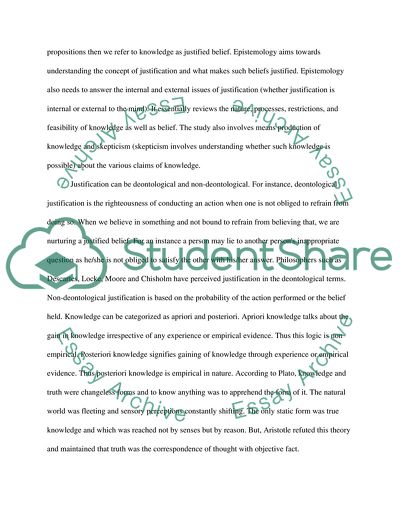Cite this document
(When Can We Trust Our Senses to Give Us Truth Essay - 1, n.d.)
When Can We Trust Our Senses to Give Us Truth Essay - 1. https://studentshare.org/ethics/1720498-when-should-we-trust-our-senses-to-give-us-truth
When Can We Trust Our Senses to Give Us Truth Essay - 1. https://studentshare.org/ethics/1720498-when-should-we-trust-our-senses-to-give-us-truth
(When Can We Trust Our Senses to Give Us Truth Essay - 1)
When Can We Trust Our Senses to Give Us Truth Essay - 1. https://studentshare.org/ethics/1720498-when-should-we-trust-our-senses-to-give-us-truth.
When Can We Trust Our Senses to Give Us Truth Essay - 1. https://studentshare.org/ethics/1720498-when-should-we-trust-our-senses-to-give-us-truth.
“When Can We Trust Our Senses to Give Us Truth Essay - 1”. https://studentshare.org/ethics/1720498-when-should-we-trust-our-senses-to-give-us-truth.


